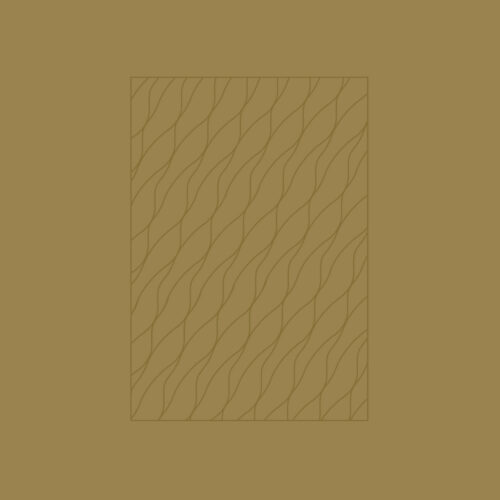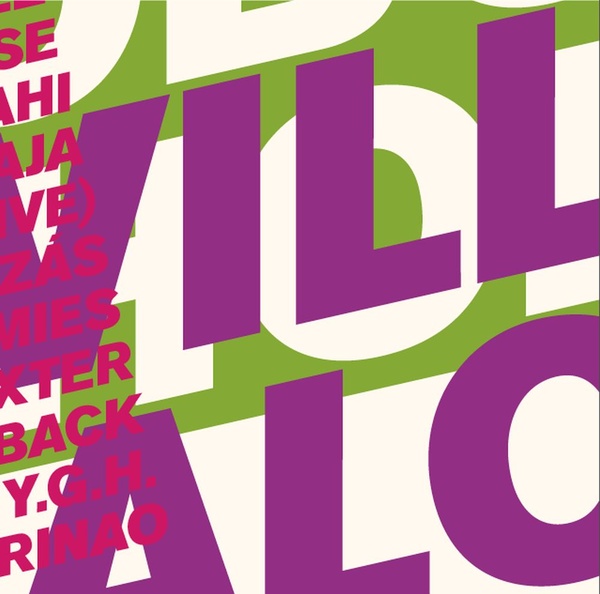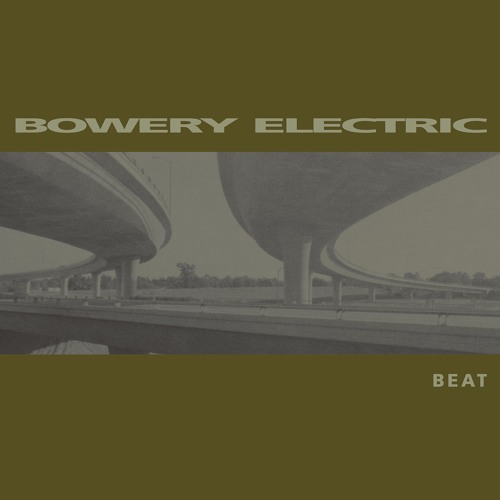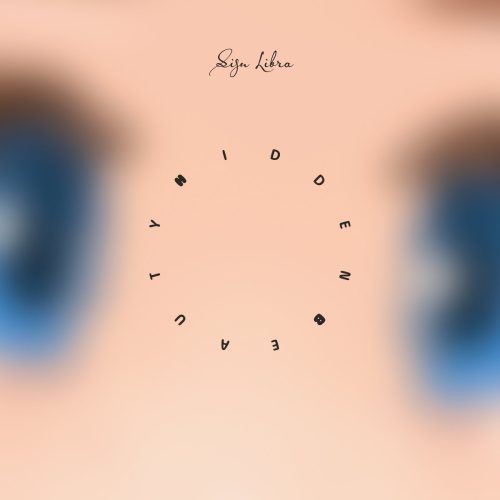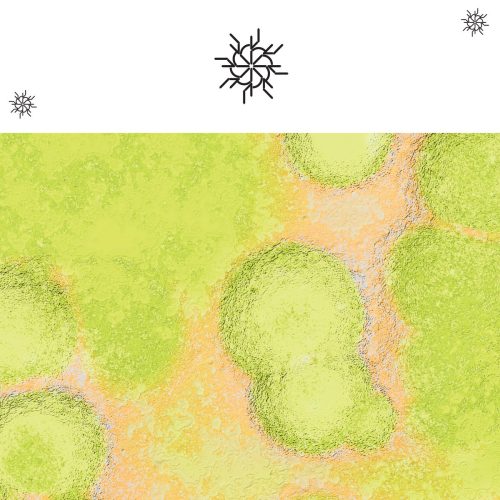Reverie
Label: Sonic Pieces
Genre: Highlights, Electronic, Ambient
$54.99
Out of stock
Audiopile Review: We associate Norwegian duo Deaf Center with the early 2000s drone scene. This was a time when Fennesz-style glitch and Sunn-y post-metal met the New Weird America uptown. It’s a dark, underappreciated corner of recent music history, so it’s a tonic to hear ‘Reverie’, Deaf Centre’s first album since 2019. Its mixture of melancholy piano, moody electronics, and glossy reverb immediately recalls Harold Budd and Brian Eno’s ambient classic ‘Plateaux of Mirror’. But Deaf Center being veterans of the early 2000s drone scene, shit gets pretty dark, pretty fast (so maybe it’s closer to Budd’s ‘Abandoned Cities’?) Over two extended tracks, there’s all manner of subtly dramatic peaks and crests. It all adds up to be a genuinely ambitious and utterly beautiful ambient epic.
***
After another long period of silence, Deaf Center return with two long-form, hypnotic pieces recorded in an intimate setting. “Reverie” can be seen as a follow up to 2014’s “Recount”, which saw two pieces of music created around their live-sets in different periods. This time, we are treated with a contemporary, raw live performance from October 2024 in Rabih Beaini’s studio, Morphine Raum in Berlin, during the 15th anniversary celebration of Sonic Pieces. This was the first concert from the two old friends since 2019. As always, the duo favours improvisation, and what emerged on this evening turned out to be a truly magical encounter between the two, with Otto A Totland on piano and Erik K Skodvin on guitar, cello, electronics and processing.
In “Rev”, deeply effected piano motifs reverberate and echo in the depths of the room, evolving through looping and electronics into a blissful, mesmerising cloud of (dis)harmony. The sound is reminiscent of the 7inch “Vintage Well” mixed with the basic elements of 2011’s “Owl Splinters”. “Erie”, on the other hand, begins almost jazz-like as a piano and cello duo, slowly transforming into a full-bodied organ drone. Towards the end of the piece, the piano motifs from before repeat and vary, for then to slowly settle into gentle melancholy, supported only by a low, rumbling ambient shadow. The immediate duality of the two performers has rarely been so strongly felt, Totland’s deep melodic feeling is underscored by Skodvin’s abstract ambience and processing. Dark versus light, loud versus quiet – this has always been at the core of what makes Deaf Center a special project.
Although this is a live performance, the quality and scope of the album are more akin to a real studio recording. A welcome stop on the path towards the next chapter in Deaf Center’s history, and a great way to forget everything and for a moment get lost in reverie.

